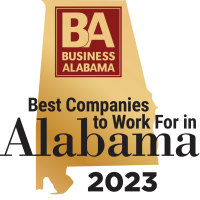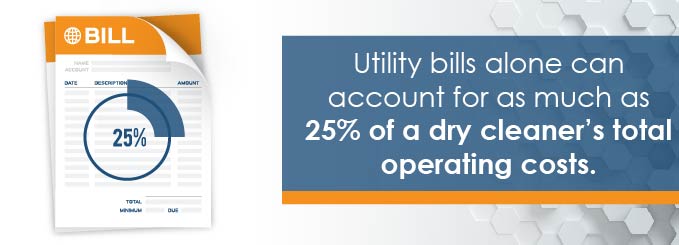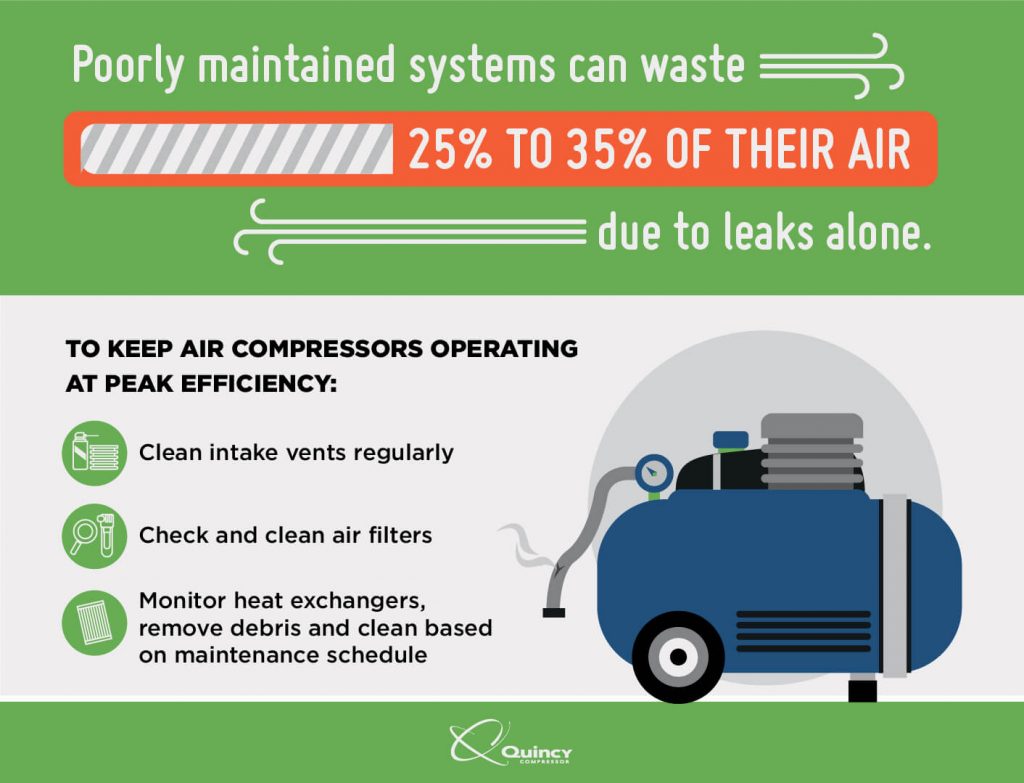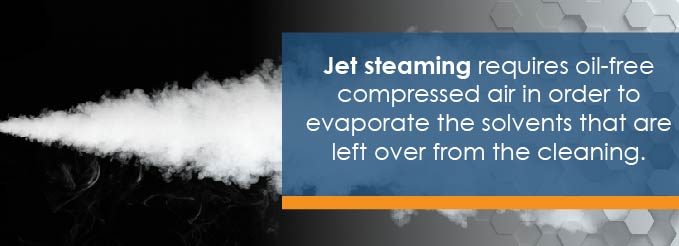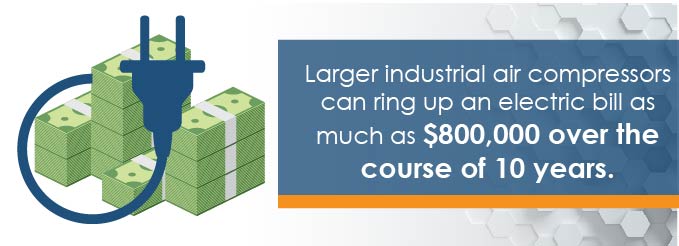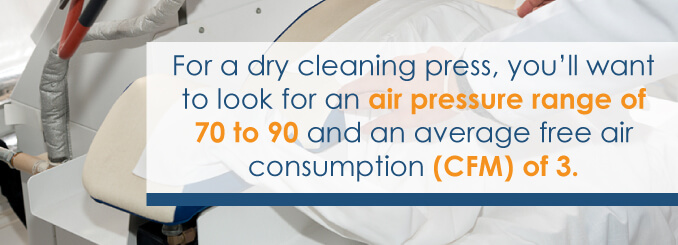
Dirty air means a dirty environment, and that defeats the purpose of taking clothing, linens and other garments to a dry cleaner. You want to provide your customers with optimal service, and that means using clean compressed air to run equipment, clean clothing and keep things operating smoothly.
Chemical cleaning applications are the future of the dry cleaning industry, and that’s why we’ve created this guide to look at the benefits and must-haves in today’s air compressors for dry cleaning. We’ll help you pick the right model to deliver precise amounts of compressed air on demand, for cleaning all types of garments in multiple types of applications.
For a dry cleaning press, you’ll want to look for an air pressure range of 70 to 90 and an average free air consumption (CFM) of 3. Read on for more considerations and a little help understanding what those elements mean for the best air compressors for dry cleaning businesses like yours.
Standard Air Requirements for Dry Cleaners
Every dry cleaner runs a unique operation of chemical processes, storage, on-site or off-site treatment and other business practices. Based on these concerns and others like the size and volume of business, each dry cleaner will need a specific air compressor setup designed and installed just for them.
That said, there are elements of each air compressor for dry cleaning systems that should be consistent. Here are some of the most important and most requested features we at Quincy Compressor have seen of those in the dry cleaning business.
- Class 0 air quality
- Compact, space-saving design
- Easy to operate and maintain
- Energy efficiency is a must
- Low operating and maintenance costs
- Quiet operation throughout
- Supports environmentally friendly fluids and materials
- Variable speed control options
- Very reliable air quality and compressed air production
Energy efficiency is one of the top requirements for dry cleaners because utility bills alone can account for as much as 25% of a dry cleaner’s total operating costs.
Two Types of Air Compressors for Dry Cleaners
There are two types of air compressors for dry cleaning that deliver the precision you require: rotary screw and reciprocating. Each can meet the demands of chemical applications in order to ensure your operations properly clean and prepare clothing and linens, so that customers are satisfied and continue to come back to your business.
Rotary Screw Air Compressors for Dry Cleaning
Rotary screw air compressors are a time-tested and proven model that deliver high levels of reliability and efficiency. Those suited for dry cleaning applications use two meshing helical screws to perform the compression.
Rotary screw compressors are often recommended because they’re among the easiest to maintain and operate, even as they move into larger outputs. Quincy Compressor specializes in highly efficient models that use the latest in modern technology. For dry cleaners, we often recommend the QGS Series because they offer flexible installation options and operate extremely quietly, while offering a range of 5 to 100 HP.
Reciprocating Air Compressors for Dry Cleaning
High-pressure applications in dry cleaning required for uses such as solvent recovery and plant maintenance may be best served through a reciprocating air compressor. These models will use a crankshaft-driven piston or pistons to deliver air at high pressure and maintain their status as the workhorse of your operations.
Reciprocating compressors can scale up significantly for your operations thanks to the development of single-stage and two-stage models. Quincy can help you maximize overall productivity and efficiency by selecting the right unit designed for light applications like your dry cleaning business.
Challenges for Air Compressors in Dry Cleaning
Laundry and dry cleaning systems need to use the cleanest air possible because dirty air destroys service quality. This means your air compressor system should discharge to an air receiver and then flow through at least two filters and a dryer. All of these elements work together to remove debris and water from the air you use. Sometimes it can be difficult to line everything up properly based on size, location and usage constraints.
It may be worth turning to a smart partner like Quincy Compressors to discuss air compressors for dry cleaners if you have an existing system that faces challenges. Maintaining pressures throughout your operations can be a concern when you apply it to washers, assisting with clothes folding and much more.
Here are just a few of the challenges faced by dry cleaners large and small:
- Ambient inlet air conditions
- Compressed air treatment such as drying and filtering
- Generated heat from nearby machinery
- Inconsistent maintenance due to placements that aren’t easily accessed
- Noise that can disrupt employees and machinery
- Piping design and bends that produce excess condensation
- Space and placement concerns in facilities with a variety of hanging equipment
- System leaks — every ¼-inch leak can cost $10,000 per year
Exacting Methodologies
While many on the outside don’t realize it, you know your dry cleaning operations, and the industry overall has very exacting methodologies with tight requirements that ensure you deliver a very specific quality and service. That’s why businesses like yours view compressed air to be as important as water. Often times, compressed air is seen as the fourth utility in industrial settings.
A dry cleaner will need to have access to accurate amounts of air at specific compression rates and speeds on demand. Whenever you turn on your air compressor, you need the pressure to be available and it has to be quiet so your employees can operate routinely without harm or in a distracting workplace.
Many dry cleaners operate on thin margins and have worked hard to know the number of workers they need for each shift in order to meet demand, while controlling costs. This strict adherence means you demand high-quality work from everyone, and we feel that should include your air compressor too.
Quincy Compressor works with many dry cleaning clients to help find the right mix of consistent air quality and overall cost, with efficiency always in focus. Work with us and potentially find savings and time to put toward growing your business instead of not properly operating or maintaining your equipment.
Compressed Air Piping Systems
Dry cleaners are able to beat many industry problems when they adopt a compressed air piping system, saving money on operations while also increasing operational efficiency. Airnet Piping Systems offer a flexibility installation process that’s straightforward but can be adjusted to meet the specific demands of a dry cleaning business.
Piping systems ensure that a business is delivering high-quality pressurized air through any dry cleaning deployment.
To optimize piping systems, dry cleaning store owner and machinery expert Edmund Bagnell provides a few tips that Quincy can help you include in your system:
- Ensure it is easy to control pressure because pressure drops “are directly correlated with the rise in cost of these piping systems.”
- Create a system with no — or as few as possible — bends to streamline the system and help maintain high levels of pressure. You’ll also avoid condensation and other issues that often occur in the bends of the system.
- Install your system above the ground. Underground systems are harder to maintain and clean, can be dirtier and often waste more water than those installed above ground.
- Install systems in places where workers will have easy access in the future. If a worker has to put weight on other equipment to perform routine maintenance, then you risk damage to both the piping system and the equipment that’s being leaned upon during the maintenance.
Advanced Oil-Free Needs
Dry cleaners often times require an oil-free system because it helps to ensure that an air compressor pushes out clean air and typically allows you to operate as needed with less noise.
For example, heavily soiled garments might need to be jet steamed in order to be properly cleaned. This requires oil-free compressed air in order to evaporate the solvents that are left over from the cleaning.
The smaller pressure and volume requirements of many dry cleaners means that an oil-free compressor can operate at the required level of CFM and PSI to accomplish your goals. These units can be also lighter weight and less expensive, which is important for operations where margins are relatively thin.
Reducing costs is a chief concern for Quincy Compressor when it comes to suggesting the right air compressor for dry cleaning businesses, and that’s why we also promote units that are smart about your energy use.
Costs of Compressed Air
Through a study of the industry and our clients, Quincy has observed that roughly 76% of your air compressor costs are just in the electricity required to operate it. Larger industrial air compressors can ring up an electric bill as much as $800,000 over the course of 10 years.
To help our clients combat these costs, we focus on energy-efficient models that reduce overall energy consumption. We also invite you to consult with a representative to match your compressor to the air pressure requirements of your applications and tools.
We’ve also put together a general industrial air compressor savings guide to help you properly maintain your compressor and costs. This plan helped Mega Brands Inc. reduce the cost of its air compressor usage by more than half.
Managing Energy Costs
As previously noted, energy bills can reach up to a quarter of your operational costs. Compressed air systems are often touted as a great energy saver because they can ensure consistent application of your cleaners while reducing maintenance costs and coolant costs for your industrial equipment.
For dry cleaners, poorly maintained systems can waste 25% to 35% of their air due to leaks alone.
There are steps dry cleaners can take to further ensure that their air compressors are operating at peak efficiency. The great news for dry cleaners is that your maintenance is simple and most fixes are extremely quick. Quincy Compressor can help businesses like yours prep and clean their air compressors and provide resources for you to remember what to check.
Some of the most important aspects for your business will be:
- Regular cleaning of intake vents
- Checking and cleaning air filters
- Monitoring heat exchangers, removing debris and cleaning based on your model
Occasionally, a business like yours will need to perform a more thorough check of your air compressor system in order to ensure that things are working properly and that you’re doing the right maintenance to extend its life for as long as possible. Part of this process includes using an ultrasonic leak detector to check for air leaks in distribution lines. Again, modern conveniences have turned this check into a handheld unit that most businesses can also rent and operate on their own.
A Quincy Air Compressor for Dry Cleaning Is the Best Solution
With nearly 100 years of air compressor expertise, you can trust Quincy Compressor to provide a dependable, accurate solution:
- Dependability: Through quality engineering and rigorous manufacturing processes, Quincy makes equipment that is reliable whether it is being used to supply compressed air for solvent processing and recovery or garment pressing and delivery.
- Accurate Pressure Control: Stable air pressure is a Quincy hallmark. Specially designed for your industry, Quincy’s compressors are available in a wide range of pressures and, with proper storage throughout your process, are capable of maintaining that pressure.
Our air compressors for dry cleaning offer the optimum balance between cost-efficiency and consistency. You’ll be able to focus on serving your customers instead of worrying about the performance of your equipment.
Recommended Products
Quincy Compressor offers a significant range of air compressors for dry cleaning that is able to scale up and down to meet your specific needs. Some of the piston models we recommend include:
- QT (251CP80VCB, 251CS80VCB, 271CS80VCB, P2101CS12VCB, P2103DS12HCB, 2153DS12HCA, G213H30HCB, G214K30HCD)
- QR-25 (Consult dealer for size and options)
- QP (351CS80VCB, 371CS80VCA, 3103DS12HCA, 353DS1HCA, G313H30HCE, G314K30HCE)
- Single Stage (Q12120P, Q12126VP, Q13160VC)
Contact Quincy Compressors for assistance in determining which is the right model for you. Start with this small description below and then reach out, and we’ll be happy to recommend the right fit for your size, needs and budget.
- QT: Our QT units offer the most ACFM per brake horsepower to deliver higher volumes of air with minimal energy use. These systems also dissipate heat extremely well and are able to offer the highest volumetric efficiency available.
- QR-25: Heavy-duty operations that need high-demand compressed air volumes can turn to the QR-25 model. We’ve been acclaimed as one of the best reciprocating compressors in the field, and this unit can deliver 1-25 hp air at up to 500 psig while still helping companies minimize their costs.
- QP: Our QP series is specifically designed to address tougher 175 PSI applications with pressure lubrication where traditional splash lubrication needs to be avoided. We provide multiple options to help deliver quality to any dry cleaner.
- Single Stage: For smaller operations, single-stage air compressors tend to be the best. If your business is new or the bulk of your revenue comes from washing and folding, then a single stage air compressor might be the right fit for your wallet and needs. Stick with Quincy for models that last for years
Get the Most out of Your Compressed Air
You always want clean, dry air. Moist, dirty or oily air should always be avoided. No matter your size, the chief goal for your air compressor system should always be clean and consistently dry, at the right pressure and volume that you need each day.
Dry cleaners often start with a small operation and then proceed to grow out of that single building into a larger warehouse, expanding the number or capacity of business air compressors. Business growth may cause you to switch to a rotary screw compressor for most air while combining it with reciprocating models to optimize different areas of production.
We Take Pride in Delivering the High Level of Quality and Efficiency That Dry Cleaners Demand
The legendary Quincy performance and reliability ensures we can deliver a high-performing air compressor for dry cleaning that will meet your demands. We also offer industry-leading warranty programs that protect the heart of your compressor and don’t require entering into a service contract to reap the benefits. No wonder so many dry cleaning professionals turn to us for their air compressor needs.
Contact Us to Learn More About Our Air Compressors for Dry Cleaning
Contact us today to learn more about how a Quincy air compressor for dry cleaning can benefit your business or get in touch with the authorized Quincy Compressor dealer in your area.

